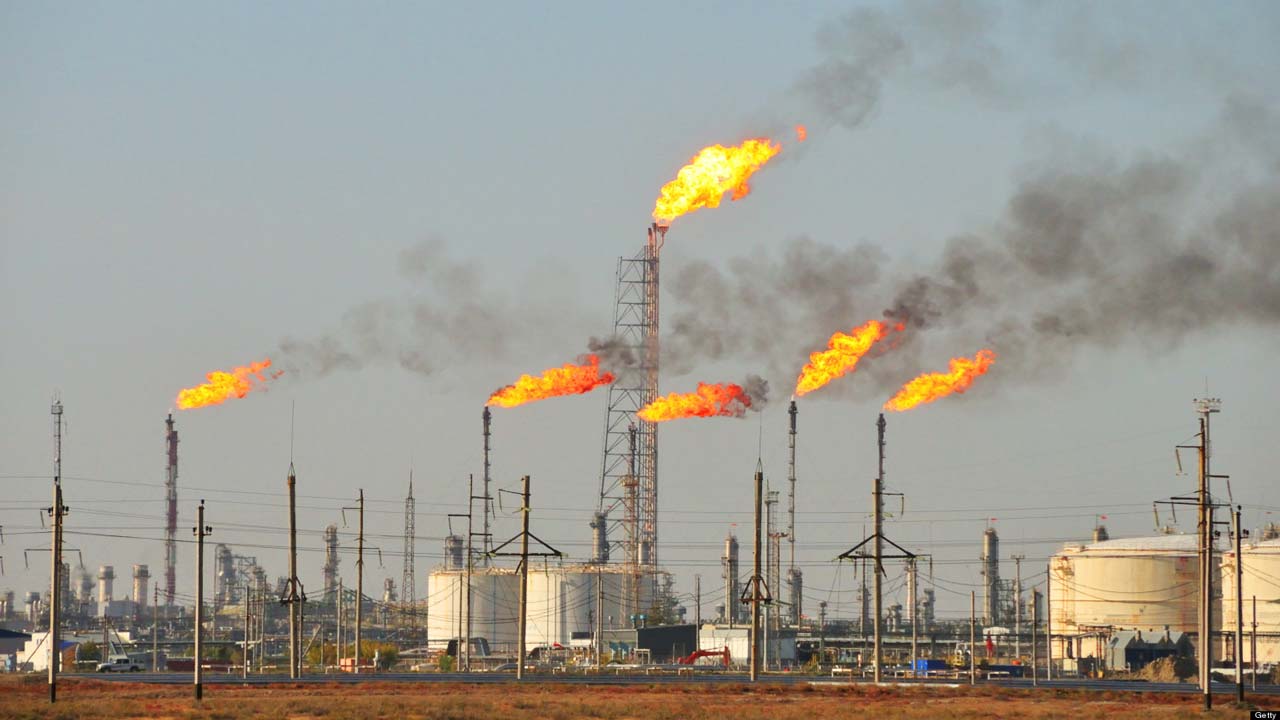Nigeria stands at a critical juncture in its economic history. As the largest oil and gas producer in sub-Saharan Africa, with estimated reserves of 37 billion barrels of oil and 188 trillion cubic feet of gas, the country’s petroleum industry forms the backbone of its economy.
It contributes approximately 90 per cent of Nigeria’s foreign exchange earnings and about 60 per cent of total income. Yet, this abundance of natural resources has not translated into broad-based economic development and improved living standards for the majority of Nigerians.
The country continues to grapple with what economists term the “resource curse” or the “paradox of plenty.” This phenomenon is characterised by countries rich in natural resources, particularly non-renewable resources like minerals and fuels, experiencing less economic growth, less democracy, and worse development outcomes compared to countries with fewer natural resources. In Nigeria, this is manifested in high poverty rates, inadequate infrastructure, and uneven economic development.
This article proposes a paradigm shift in the governance of Nigeria’s oil and gas sector. It advocates moving from a model focused on mere resource extraction and revenue sharing to one that leverages the industry as a powerful tool for comprehensive economic development.
Historical context of oil governance in Nigeria
The governance of Nigeria’s oil and gas sector has undergone several transformations since the discovery of oil in commercial quantities in 1956. From the pre-independence era governed by the Petroleum Ordinance of 1889, which vested oil mineral rights in the British Crown, to the post-independence period where the Petroleum Act of 1969 transferred these rights to the Federal Government of Nigeria. The creation of the Nigerian National Petroleum Corporation (NNPC) in 1977 and the recent Petroleum Industry Act (PIA) of 2021 were further attempts to improve the sector’s governance. Despite these reforms, the industry remains plagued by poor governance, lack of transparency, and inefficient resource management.
A prevailing misconception has been that the shift from state-controlled to private-sector governance would inherently lead to improvements in the sector. However, this transition has not yielded the expected results. The passage of the PIA has not had the anticipated positive impact on the oil and gas industry.
Nigeria’s oil revenue has continued to decline, and the country struggles to meet its Organisation of the Petroleum Exporting Countries (OPEC) quota. Issues of corruption, inefficiency, and lack of transparency persist. This suggests that the governance model alone is not the root cause of the sector’s challenges.
The core issue lies not in the inefficacy or corruption of state-owned oil companies but in the lack of a clear economic design that aligns the industry with national development goals – hence the need for another approach: Development Oil.
The concept of “development oil”
“Development Oil” is an approach to oil and gas governance that views these resources not merely as commodities for export and revenue generation, but as strategic assets for driving comprehensive national development. It stands in stark contrast to the traditional “Contract Oil” approach that Nigeria has implemented over the years. Contract Oil, primarily implemented through Joint Ventures (JVs) and Production Sharing Contracts (PSCs), treats oil and gas primarily as commodities to be extracted, sold, and the profit shared between the government and International Oil Companies (IOCs).
This model has resulted in a passive government role, IOC dominance, limited NNPC involvement, significant capital flight, and limited local content development. In contrast, Development Oil views oil and gas as strategic assets for driving comprehensive national development.
It emphasises active state participation, value addition within the country, local content development, revenue retention and reinvestment, and long-term sustainability.
This approach adheres more closely to the constitutional mandate in Sections 16 and 44 (3) of the Nigerian Constitution of using natural resources for the welfare and security of Nigerian citizens and seeks to address the “resource curse” that has plagued Nigeria.
This concept is built on several key principles. At its core is strategic resource management, which treats oil and gas reserves as national assets to be managed for long-term development rather than short-term gain. It also emphasizes integrated economic planning, aligning oil and gas sector policies with broader national development goals. Value addition is another crucial aspect of Development Oil, focusing on developing the entire value chain within the country, from extraction to refining and petrochemicals.
This goes hand in hand with local content development, which aims to maximise the participation of local businesses and workforce in the oil and gas industry. The approach also prioritises revenue retention and reinvestment, keeping a significant portion of oil revenues within the country and reinvesting them in critical sectors.
Sustainable development is another key principle, balancing resource exploitation with environmental conservation and planning for a post-oil future. The concept of “Development Oil” can be traced back to visionary leaders who saw oil not just as a revenue source, but as a tool for national advancement. One of the earliest manifestations of this thinking was the creation of the Organisation of Petroleum Exporting Countries (OPEC) in 1960.
Leaders like Muammar Gaddafi envisioned OPEC as a means to leverage oil resources for the development of member nations. Several countries have successfully implemented aspects of the Development Oil approach. Norway is often cited as a prime example.
The country established a sovereign wealth fund, now the world’s largest, to invest its oil revenues for future generations. Norway also developed a strong domestic oil industry and used its oil wealth to fund extensive social welfare programmes.
Saudi Arabia, while initially focused on oil exports, has in recent years pursued a Development Oil approach through its Vision 2030 plan. This includes using oil revenues to diversify the economy, develop non-oil sectors, and invest in education and infrastructure.
Malaysia, through its national oil company Petronas, has pursued a Development Oil strategy. Petronas has invested in developing local expertise, expanding into the entire oil and gas value chain, and using oil revenues to fund national development projects.
The United Arab Emirates, particularly Abu Dhabi, has used its oil wealth to fund economic diversification, infrastructure development, and the creation of sovereign wealth funds for future generations.
To be continued tomorrow.
Dr Agbakoba (SAN) and Okeke are Lagos based Lawyers.


















